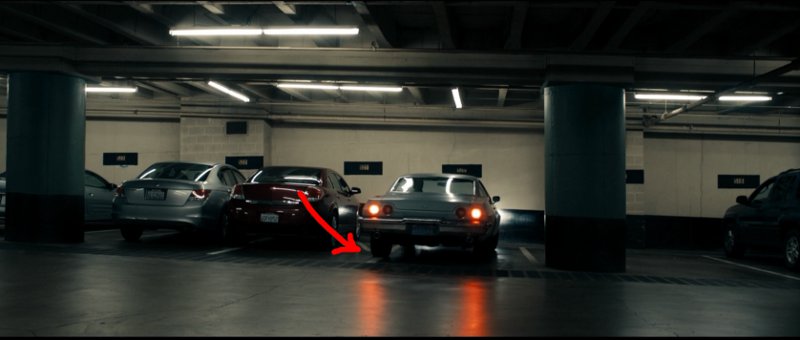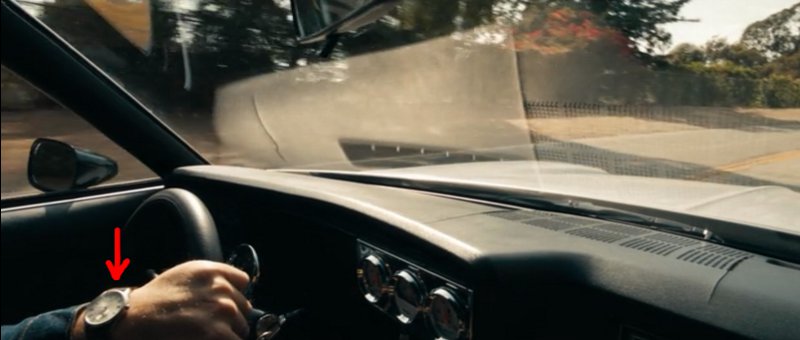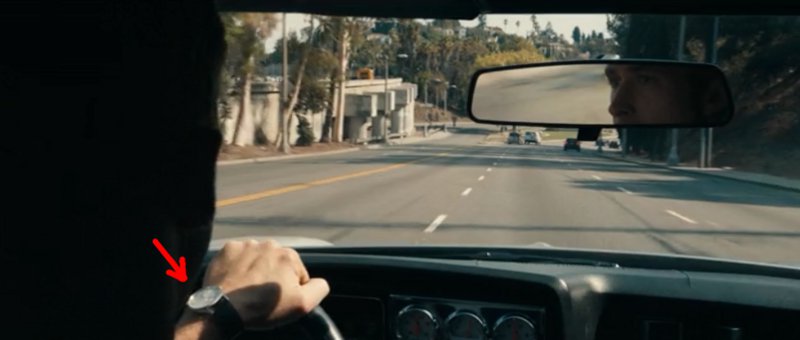I had the opportunity to sit in on a film panel at the
CHEC Super Conference. The panelists noted--correctly--that homeschoolers are increasingly interested in making movies. But how do you get started? Where do you go for help? And what equipment do you need?
First, what kind of equipment do you need and how do you learn how to use it? The panelists all agreed that you should just get the highest quality equipment you have access to and begin using it. I totally concur. We learn how to make movies by practicing. And quality comes from mostly how you use what you have... not what kind of camera or computer you own.
This is the focus of the Production-Now.com
Filmmaking 101 course. Imagine you have a camera and someone tells you to "just go practice and you'll get better." The advice, while true, is ultimately rather unhelpful. The question is: How do you practice? What kinds of things should I be practicing? Hearing that you should "get better at lighting and camera angles" is pointless. How do you get better at practicing lighting?
You'll do that in
Assignment 3: The Shadows Prove the Light.
What the film panel at CHEC completely missed was the opportunity to offer the 70 aspiring movie makers in the room tangible, practical steps to get started. And that made me sad. They should offer more.
The panel did suggest you attend the
Christian Filmmakers Academy, but that has a steep cost in dollars, time, travel, and even ideology.
Second, what should you do as you get started? One of the speakers said that some of the worst advice he ever got was to "just go out and make a bunch of silly projects." He said, "Why not take the time to make something meaningful instead?" So he took a year to create a documentary, and now sits on a film panel at CHEC. Success.
Sadly, I think he missed the point of the advice entirely. In fact, the 10 minutes of
Pro Tips from Freddie Wong offer better advice than the panel in a sixth the time. FeddieW gives much the same "silly" advice when he says
you don't improve if you're not practicing. Brandon follows up with an excellent point that
too often people get discouraged because they believe they have one idea and after months of working on it, it's not as good as they had hoped. Better to just use what you have to make something, finish it, and move on to the next thing.
That's the point of making "silly" shorts at the start. Too often Christian filmmakers fail because they are focused on producing something "meaningful" with a message and forget to make a movie. This was exactly my point when I
contrasted Kinsey and Facing the Giants. Spend some time learning how to tell a story, then try to convey a message. Do not get hung up on some unbiblical pressure to always be producing something meaningful to the Kingdom. Spend your time preparing before stepping out into ministry. Christ certainly did. And He's the Son of God.
Third, I want to return to the
ideology of the San Antonio Independent Christian Filmmakers. This bad theology drives much of the terrible advice they dole out. They believe several things:
- Hollywood is evil.
- We must be separate from evil.
- Therefore we should pray for and pursue a world without Hollywood.
They use the story of David and Goliath. They also reference the Babylon of Revelation. And they miss the point.
Granted, we are not all called to be Daniel, a follower of God who
became chief magician in the heart of literal Babylon. I'm certainly no Daniel. I moved to Colorado because I didn't like the way Hollywood went about producing things. I didn't like the lying. The waste. The tone. I was also such a small and insignificant person, I wouldn't matter there. So I went online to try to help those I could: People just starting out on their film making journey. So I'm not against leaving Hollywood. But we should do it for the right reasons.
Leaving the "hive of scum and villainy" to pursue a Christian bubble of filmmakers misses the point of the Gospel. Those in Hollywood, like the
Hollywood Prayer Network and
Mastermedia, are being far more biblically minded by praying for redemption and being salt and light in this dark world.
The point? Whether you find yourself in Hollywood or San Antonio or YouTube, may your focus be on creating media that tells redemptive stories. But for now, while you're still getting started in film, please be free of the burden to change the world. It's okay to practice.
~Luke Holzmann
Your Media Production Mentor



